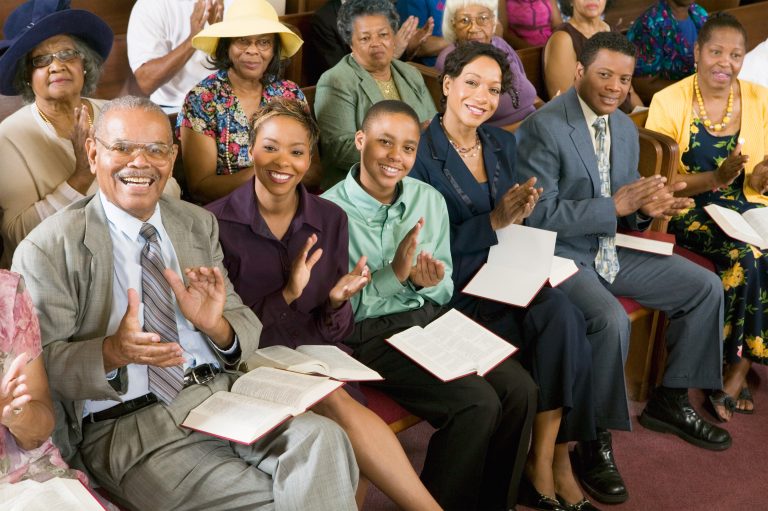Has the International Criminal Court (ICC) appropriately applied statistical methodology in its legal processes regarding the crimes against humanity charges against Duterte?This question arises from a recent Philippine Daily Inquirer (PDI) post, which discusses the ICC's categorization of 43 cases as "representative examples" amidst a broader investigation into 12,000 to 30,000 deaths (Baclig, 2025). This terminology has sparked significant debate. Critics, including Sass Rogando Sasot, a noted Duterte supporter and scholar with graduate studies from abroad, argue that "representative sample" suggests a statistical method and contend that its use by the ICC raises questions about the credibility of their conclusions, criticizing the PDI for statistical inaccuracies and asserting that the PDI is "bad in math." (Sasot, 2025) What does "representative Sample" mean? In statistics, a representative sample accurately mirrors the characteristics of the entire population, allowing … [Read more...]
Justice Out of Context: Marcos Jr. and the Unwitting Puppet ICC Show
The role of the International Criminal Court (ICC) in global politics has increasingly come under scrutiny, with allegations of politicization and manipulation by powerful states raising serious concerns. These criticisms are particularly relevant in cases where national sovereignty and judicial competence are at stake. By applying the principle of cultural relativism, a key anthropological concept that emphasizes understanding and respecting the unique cultural and societal contexts of each nation, we can better evaluate the ICC’s actions. This framework reveals how the ICC’s interventions, such as its involvement in the Philippines’ 'war on drugs,' often overlook critical local nuances. Such oversights risk transforming the ICC into a geopolitical tool, undermining its mission of impartial justice and eroding its credibility. Grounding our analysis in cultural relativism allows us to assess the ICC’s role within the delicate balance of international justice and respect for national … [Read more...]
The Maharlika Investment Fund: A contrarian analysis
The proposed Maharlika Investment Fund (MIF), touted as the country's inaugural sovereign wealth fund, has garnered significant attention. Supporters project that the MIF will effectively harness national funds, yield substantial returns, and make a significant contribution to the Medium-Term Fiscal Framework, the 8-point Socioeconomic Agenda, and the Philippine Development Plan 2023-2028. The MIF is said to encompass a diverse range of assets, including foreign currencies, fixed-income instruments, real estate, and impactful infrastructure projects. This broad spectrum of investments could lead to higher potential economic returns. However, this proposed fund has been met with controversy and skepticism. Critics express concerns that it may be a conduit for corruption and question the country's ability to divert surplus funds for investment amid its current budget constraints and ongoing developmental needs. The financial burden of the COVID-19 pandemic has only compounded … [Read more...]
Should we go to church services despite government ban on mass gatherings due to COVID-19 ?
About three days ago the World Health Organization declared COVID-19 as a “pandemic.” COVID-19, officially also known as the “NOVEL CORONA VIRUS” (nCoV) and Severe acute respiratory syndrome coronavirus 2 (SARS-COV-2) , was detected in the late 2019 rapidly spreading in provinces in China and later on spreading to the rest of the world. As a response just a few days ago, our very own President Rodrigo Duterte, proclaimed proclamation 922 declaring a state of public health emergency throughout the Philippines in accordance with Republic Act 11332. As of the time of this writing Metro Manila has been placed under “Community Quarantine.” Other jurisdictions also made their own local proclamations and provinces and cities all across the country also imposed their own “Community Quarantine.” Since as announced by the President, “Community Quarantine” involves the prevention of “mass gatherings” which of course includes church services, several churches in Metro Manila have … [Read more...]
The Biblical view on the death penalty and a historical survey on the position of the Roman Catholic Church on the said issue
The issue on the death penalty is trending nowadays. Thanks to the recently approved extremely “watered down” version of the death penalty bill and Philippine President Duterte’s strong stance on death penalty. Before we go to the topic let me clarify that this blog post is what exactly it is as stated in the title and the discussions here should be limited within the confines of the title as stated. If you don’t believe in the Bible or wish to argue for or against the death penalty from a sociological, historical anthropological or any other perspective outside the confines of the title of this topic or if you would like to address the issues as to whether the death penalty is effective in deterring crime based on studies etc., I would gladly address your concerns in another blog post. For now this addresses the issue from the perspective of what the Bible says about the death penalty and a historical survey on the position of the Roman Catholic on the matter. When religion … [Read more...]
- 1
- 2
- 3
- …
- 13
- Next Page »





